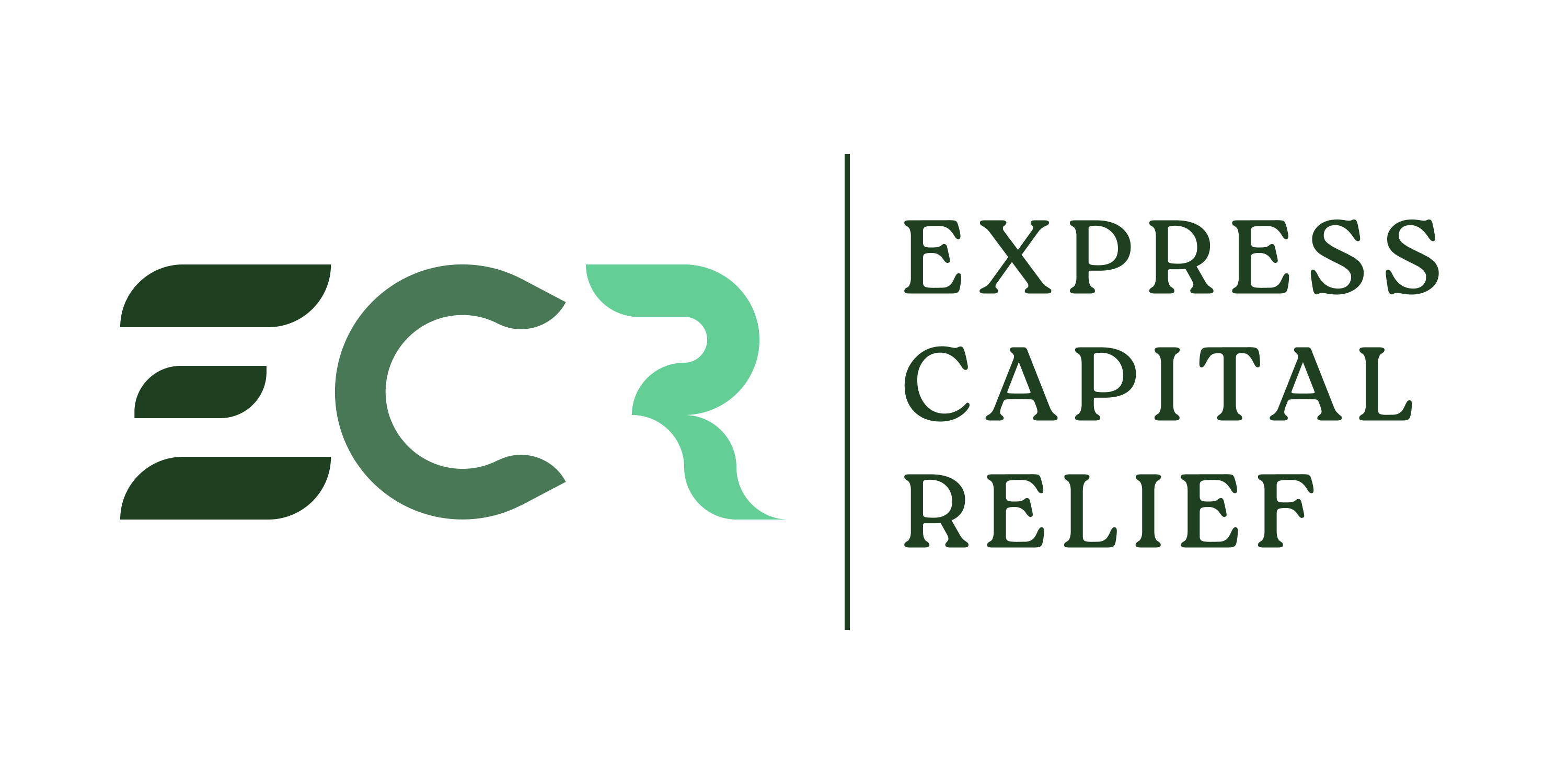Blog Details








How Does Debt Settlement Affect Your Business Credit Score?
Being in business may involve going into debt to grow operations, finance cash flow, or weather a downturn. However, when payments become unsustainable, business people may reach for debt settlement as a lifeline.
Being in business may involve going into debt to grow operations, finance cash flow, or weather a downturn. However, when payments become unsustainable, business people may reach for debt settlement as a lifeline. Although it can lower what you owe and offer temporary relief, debt settlement isn't free, particularly to your business credit score.
In this article, we'll unpack how debt settlement impacts your business credit profile, what to expect in the short and long term, and how to mitigate any negative effects.
What Is Business Debt Settlement?
Debt settlement involves a creditor accepting less than the total amount due, most often in the form of a lump sum under the condition that the debt will be considered satisfied. It is often employed as a last resort if a business is in financial trouble and cannot continue to make regular loan or credit payments.
Negotiation may either be done by the business owner directly or via third-party debt settlement companies.
How Business Credit Score Works
First, understand the structure of your business credit score before looking at the effects. Whereas personal credit scores are generated by organizations such as FICO and Experian, business credit scores are reported by organizations like these:
- Dun & Bradstreet (D&B) PAYDEX Score: the score is based on payment history.
- Experian Business Credit Score: includes payment behavior, legal filings, collections, and other information.
- Equifax Business Credit Risk Score: emphasizes payment and credit utilization patterns.
These scores determine your access to financing, ability to negotiate terms with suppliers, and even your ability to win contracts. Late payments, defaults, and settlements can all lower your scores.
How Debt Settlement Affects Your Business Credit Score
Let's divide this into short-term and long-term impacts.
Short-Term Effects:
- Negative Mark on Credit Reports: Most creditors report settlements to the bureaus as "Settled for less than owed" or "Paid Settled." It is a warning sign to future lenders and suppliers, indicating financial distress.
- Drop in Credit Score: The derogatory mark can substantially decrease your company credit score. Since payment history is a major component of your score, settling instead of paying in full hurts.
- Short-Term Cash Flow Relief: Positively, settlement can release cash, which might stabilize the other components of your business.
Long-Term Effects:
- Credit Score Recovery Is Possible: Eventually, if you continue to pay other debts on time, your score will rise. Settlements remain on your business credit report for many years, but their adverse effect diminishes over time.
- Decreased Future Borrowing Power: Other lenders might avoid lending money to a firm with a settlement record. If you qualify, anticipate more stringent terms: increased interest rates, reduced limits, or greater collateral.
- Vendor and Supplier Reluctance: Business associates who perform credit checks might find you high-risk and demand advance payments. It may trigger a re-evaluation of your risk profile.
- Effect on Personal Credit: If you've personally guaranteed business debt, settlement can also impact your personal credit score.
Can You Avoid Credit Score Damage?
Yes, in some situations, if the settlement is negotiated prior to default.
- For "Pay-for-Delete" agreements, a few creditors may promise not to report the settlement if you make a lump payment.
- Not every creditor reports to business credit bureaus, particularly small vendors. Non-reported settlements may save your credit score.
- You can negotiate terms that maintain the business relationship and prevent aggressive credit reporting. Partial settlements with goodwill are one option.
- Before settling, try other alternatives that may be less harmful, such as debt restructuring: renegotiating terms without settling, debt consolidation: rolling multiple debts into one loan with improved terms, balance transfer for business credit cards: transferring high-interest debt to a 0% introductory rate card, and revenue-based financing offers flexibility based on income.
Each of these has its pros and cons, but they may preserve your credit score better than a settlement.
How to Rebuild Your Business Credit Score After Settlement
If you've already settled a debt, here are steps to recover:
- Stay current on all other accounts: timely payments are the best way to rebuild.
- Open new credit responsibly: begin modestly and create a fresh record of on-time payments.
- Watch your business credit report: D&B, Experian, and Equifax can help you monitor your score.
- Deal with vendors who report positively: not all, but the ones who do can assist you in raising your score.
Conclusion: Act with Eyes Wide Open
Debt settlement can be a valuable tool for a struggling business, but it comes at the cost of your business credit score. It's a trade-off: immediate financial relief vs. long-term creditworthiness. For some companies, it's the right call. For others, it may be worth exploring less damaging options.
No matter which path you choose, transparency, informed choice-making, and a firm recovery plan are critical to protecting and eventually restoring your business credit record.
If you're struggling to figure out what to do, speak with a debt relief specialist to find out what best suits your case without hurting your long-term credibility.

